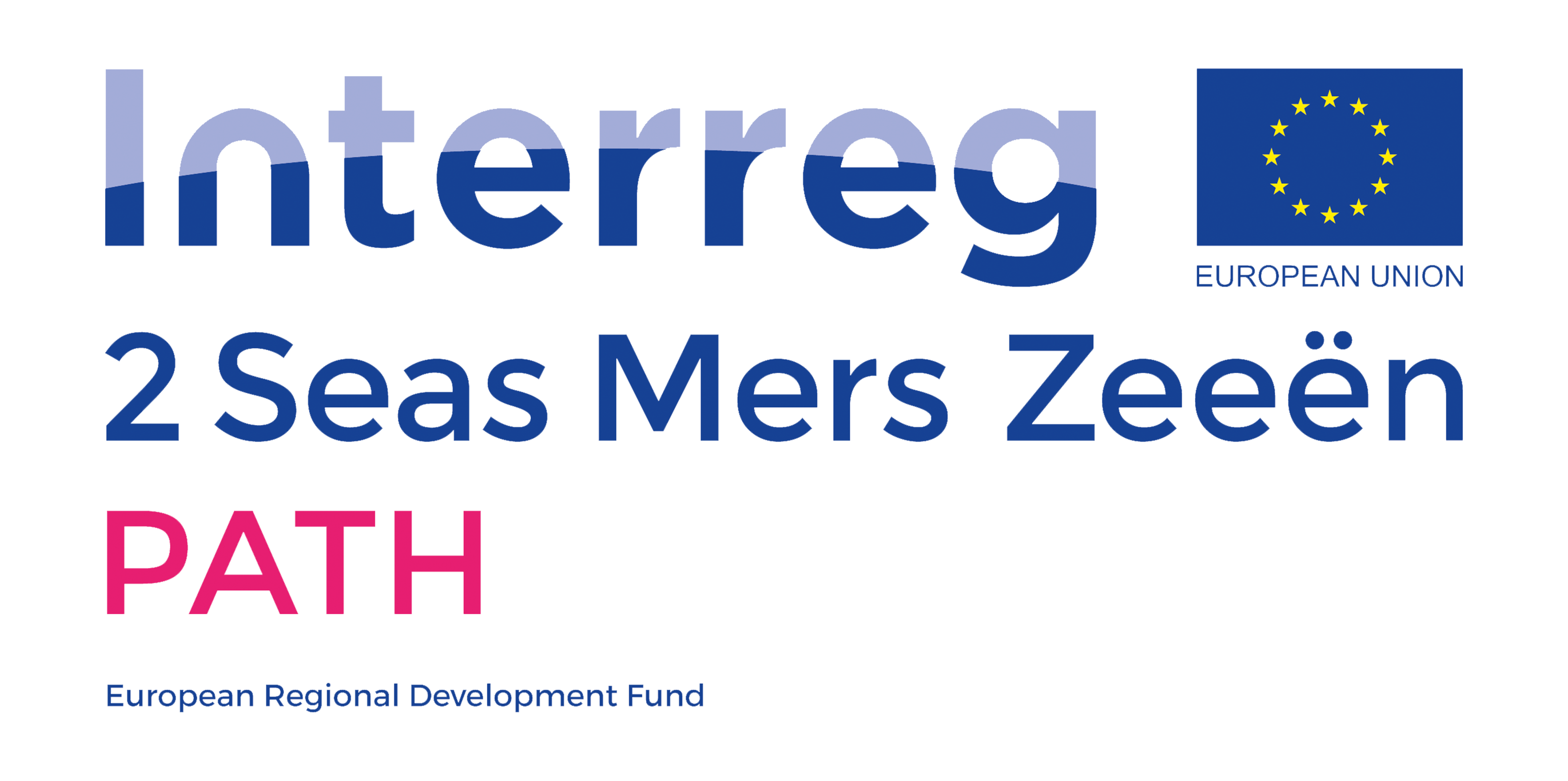
© 2021 Copyright: Bournemouth University
As professionals supporting parents in our day-to-day jobs, we may come across barriers that get in the way of open conversations with parents. Here are some below and what we can do if you notice them:
What can we do?
Depending on the person, you may choose a mixture of direct questions, gentle explorative questions. Check out our opening the door to disclosure section.
What can we do?
Remember to look after ourselves. It can be easy to put ourselves at the bottom of the list when we are supporting others all day. We know that breaks, drinking water and having lunch is important, but easy to skip.
Short breathing exercises between appointments can help reset our thoughts. Try this short exercise: Breath in slowing using your diaphragm (the muscle just below your ribs) for the count of 4. Hold for the count of 4, and then breathe out again for the count of 4. You can do this in your car between visits, in an appointment room, or at home between zoom calls!
What can we do?
It’s difficult to create more time. We can try our best to make time, however if we find there just aren’t enough hours in the working day, we need to talk to our line managers.
What can we do?
You don’t need to by a trained therapist, counsellor or psychologist to provide a listening ear. The first step is to give someone the confidence to ask for help, and for them to feel that request has been heard and understood. In fact, a key part in all psychological therapies is the positive rapport. Whether you will be the person who gives ongoing support or you will signpost them to other avenues of support, you can reduce the stigma by normalising conversations about mental health.
What can we do?
Put your own assumptions to the side, be present, and listen to what the person is saying. Clarify that you’ve understood what the person has said. Sometimes we might put our assumptions aside at the beginning of the appointment, but they return during the conversation. If we notice this, put the assumptions aside again and continue to listen.
What can we do?
Parents are often aware that services are stretched. If a parent believes that a professional is busy, they may avoid asking for help or disclosing that they need support. Parents may often feel that their worries or feelings are trivial compared to others. It can be helpful for us as professionals to be aware of our body language, to use open questions appearing relaxed and unhurried. Demonstrating unconditional positive regard can help put the parent at ease which may help them reveal that they are struggling and would like help.
What can we do?
Keep in mind that only 7% of how we communicate is in the content of our words. Most of our communication is through our tone of voice (38%) and body language (55%). Are there clues in the parent’s body language? For example, are they avoiding eye contact? There may also be signs in the body language of the baby. Keeping this perspective helps us as professionals to maintain our professional curiosity. Parents may feel pressure to hide that they are struggling with their mental health. If their body language suggests there might be more behind what they are saying, then ask again. As highlighted in the Time to Change campaign, asking twice can make all the difference.
Reference for communication percentages: Albert Mehrabian in his book Silent Messages (1971)
Reference for Time to Change Campaign https://www.time-to-change.org.uk/asktwice